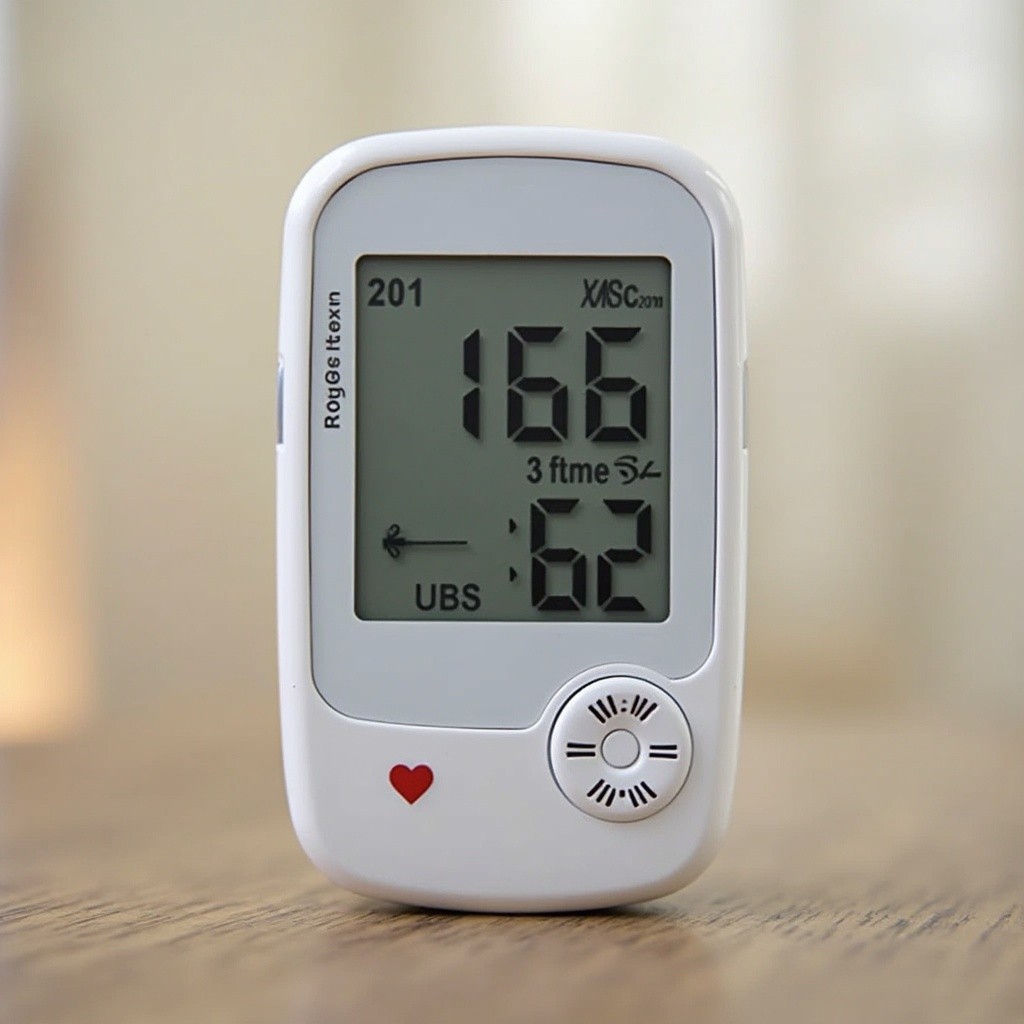Osteoporosis is a condition characterized by weakened bones, making them more susceptible to fractures. This silent disease often progresses without noticeable symptoms until a fracture occurs. According to the National Osteoporosis Foundation, it affects approximately 54 million Americans, particularly those over the age of 50. Early prevention and management are crucial to maintaining bone health and preventing osteoporosis.

How to Prevent Osteoporosis
Preventing osteoporosis involves a combination of lifestyle changes, dietary choices, and, when necessary, supplements. Here are some effective strategies to reduce the risk:
- Maintain a Balanced Diet: Incorporate foods rich in calcium and vitamin D, as they are essential for bone health. Dairy products, leafy greens, and fortified foods are excellent sources.
- Exercise Regularly: Engage in weight-bearing exercises, such as walking, jogging, or dancing. Strength training also plays a vital role in maintaining bone density.
- Avoid Smoking and Excessive Alcohol: Smoking and high alcohol consumption can negatively impact bone health. Limiting or eliminating these habits can help reduce the risk of osteoporosis.
- Get Regular Bone Density Tests: Especially for those at higher risk, regular screenings can help monitor bone health and inform necessary changes in lifestyle or supplementation.
Affordable Supplements for Bone Density
In addition to dietary measures, taking bone supplements can significantly contribute to bone health, particularly for individuals at risk of osteoporosis. Here are some affordable options to consider:
- Calcium Supplements: Calcium is crucial for building and maintaining strong bones. Products like calcium carbonate and calcium citrate are popular choices.
- Vitamin D Supplements: Vitamin D enhances calcium absorption and is essential for bone health. Look for options like vitamin D3 (cholecalciferol), which is the most effective form.
- Magnesium Supplements: Magnesium plays a vital role in bone formation and helps regulate calcium levels. Consider magnesium citrate or magnesium oxide for supplementation.
- Vitamin K: Vitamin K supports bone mineralization. Supplements such as vitamin K2 (menaquinone) may help improve bone density.
- Boron and Zinc: These trace minerals are also linked to bone health and can be found in various multivitamins or bone health formulas.
For more detailed information on bone supplements, check out NIH Office of Dietary Supplements.
What is Osteoporosis?
Osteoporosis results from an imbalance between bone resorption (the process of breaking down bone) and bone formation. As we age, bone density decreases, particularly in postmenopausal women due to a drop in estrogen levels. Factors contributing to osteoporosis include:
- Genetics: Family history can increase the risk.
- Hormonal changes: Decreased estrogen or testosterone levels can impact bone health.
- Nutrition: Inadequate calcium and vitamin D intake can weaken bones.
- Lifestyle: Sedentary behavior and poor habits can accelerate bone loss.
To delve deeper into the science behind osteoporosis, refer to NCBI for scholarly articles.
The Importance of Bone Health
Maintaining bone health is essential not only to prevent osteoporosis but also to ensure overall well-being as we age. Healthy bones support mobility and quality of life, reducing the risk of falls and fractures. By prioritizing bone health through diet, exercise, and supplementation, individuals can enjoy an active lifestyle well into their golden years.
Consulting a Healthcare Professional
Before starting any supplement regimen, it is crucial to consult with a healthcare provider. They can assess individual needs, recommend appropriate supplements, and help tailor a plan to maintain optimal bone health. Regular check-ups and communication with a healthcare professional can make a significant difference in managing and preventing osteoporosis.
Conclusion
In summary, preventing osteoporosis is achievable through a combination of healthy lifestyle choices, dietary adjustments, and the strategic use of supplements. By understanding the condition and its risk factors, individuals can take proactive steps to protect their bone health. For more information on osteoporosis prevention and management, visit WebMD.
By incorporating these practices into daily life, seniors and at-risk individuals can significantly improve their bone density and reduce the likelihood of osteoporosis-related fractures. Start your journey to stronger bones today!




